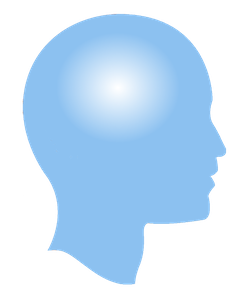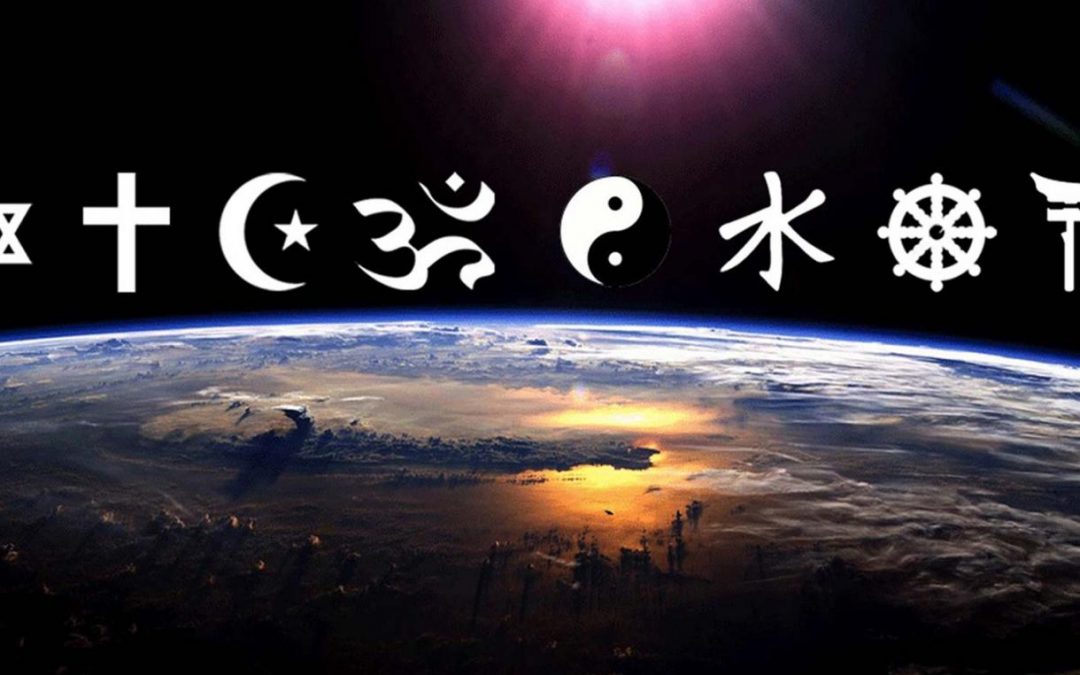The Hopeful Mindset and Religion
Science has given us a picture of how things work in our world and beyond that is at odds with traditional religious narratives. This leads one to wonder if there will be any place at all for religion in the future. In his book, Post Secular, Marc Schaus makes a convincing case that supernaturalism will become obsolete within about a hundred years. While this may, indeed, be the case a question remains. Must a religion involve supernaturalism? Certainly, our common understanding of religion includes the assumption that religions have some form of supernatural foundation.
However, there are definitions of religion that don’t necessarily require a supernatural component. In his books called Religion Is Not About God and Nature Is Enough, American philosopher, Loyal Rue, contends that a religion requires two fundamental components. The first is that there must be a narrative that explains why things are the way they are. Typically this involves some sort of supernatural being or force creating the world as we know it. The second requirement is that with knowledge of the narrative explaining how things got to be as they are, it must be possible to arrive at an understanding of what matters, in other words, what we should care about. The Ten Commandments is an obvious example but many other moral imperatives may be derived through interpretations of the explanatory narrative of any given religion. In fact, differing interpretations of what should matter to followers of a religion often results in the splitting off of various sects within that religion.
While, in the past, supernatural beings or forces have been invoked to supply both an explanation for why things are the way they are and, in so doing, allowing for assumptions about what should matter to be made, this is not strictly necessary according to Rue’s definition. There is, after all, a perfectly good natural explanation for why things are the way they are. It involves what some call Big History, the story of the Big Bang and the ensuing evolution of the cosmos. Add to this the story of the evolution of life on our planet and you have an explanation of existence that is free of any supernaturalism. Okay, but what about the requirement that the explanatory story should contain the basis for a moral code? Where in nature or its evolution can we find signposts pointing to what should matter to us as human beings?
At this point in time we are all painfully aware of a number of global problems such as climate change, over-population, pollution of air, water, and soil, deforestation, and so on. With the awareness of these issues comes the inescapable conclusion that our current situation has come about because of lack of respect for the interconnectedness and interdependency of living things and the environment. Only relatively recently have we begun to form an ecological awareness of our place in the world. The more we explore the ecological perspective the more we discover our inescapable responsibilities regarding the well-being of each other and the of the planet in general. As we come to see more clearly the interdependent nature of our existence we naturally come to value those things and processes that we depend on for our quality of life. It is these values that form the basis for an “eco-morality” arising out of an understanding of the implications inherent in the scientific explanation of the way thing are and how they came to be this way.
Eco-morality encompasses our relationship with the rest of the planet that is informed by our understandings of the natural world. The Hopeful Mindset takes our relationship with the rest of the planet seriously. Ursula Goodenough, author of The Sacred Depth of Nature and president of the Religious Naturalist Association (religious-naturalist-association.org), has posited three key components of eco-morality: interrelatedness, interdependence, responsibility. The Hopeful Mindset encompasses these facets of eco-morality. The values of the Hopeful Mindset are in complete accord with the values of eco-morality.
Putting together evolution (Big History) and eco-morality we now have the two key components of a religion; an explanatory narrative and, proceeding out of it, the basis for a moral scaffolding. And there is no reference to anything supernatural. By Rue’s definition we have a religion, a naturalized, secular religion. But, as Marc Schaus points out in Post Secular, there still seems to be something missing at this point. Traditional religions somehow supply something more. Where the supernatural element is present there is a sense of transcendence, a sense that there is something greater than ourselves that we are involved in and that is involved with us. So we have to ask. Can we find something akin to transcendence in our natural religion?
In answer to this question Schaus refers to the term “aweism”, a word coined by Phil Zuckerman in his book Living The Secular Life. Schaus explains: “Far from seeing life as devoid of beauty and awe in the absence of “God”; living the secular life, to quote Zuckerman again, involves cultivating a sense of the everyday sublime contained within aweism. Aweism, a word coined by Zuckerman himself, represents just one secular, naturalist manner of providing an alternative for what theists view as the divine majesty of the universe. In fact, aweism provides such a feeling potentially even more effectively with a greater level of granular detail offered by scientific data offering one more to potentially be excited about.”
Being predicated on the grandeur of the interdependent view of reality, I believe that The Hopeful Mindset can contribute to a sense of awe regarding our place in the world. In this view we are involved in and with something truly awesome.
Download the full version of The Hopeful Mindset HERE.

